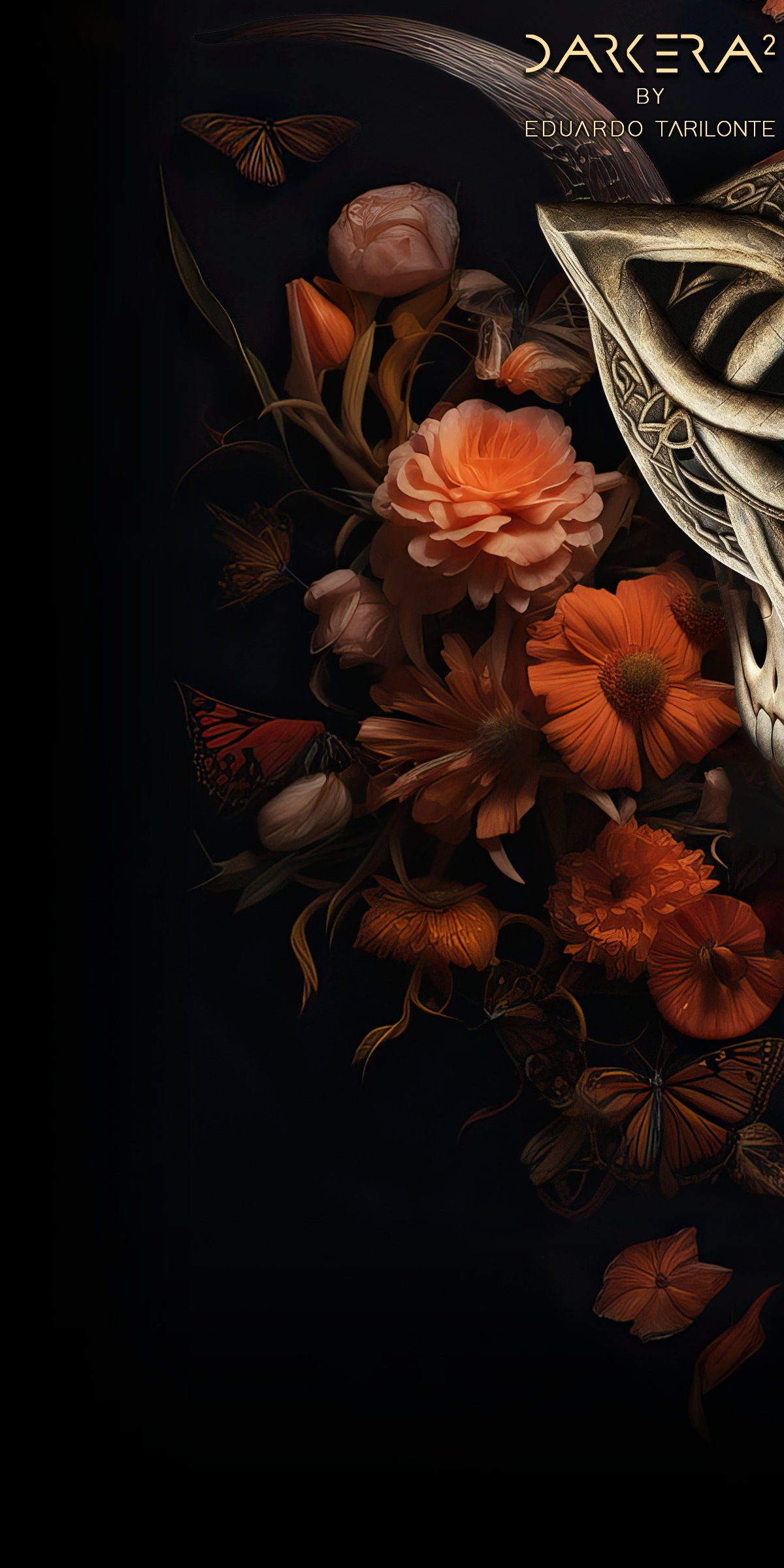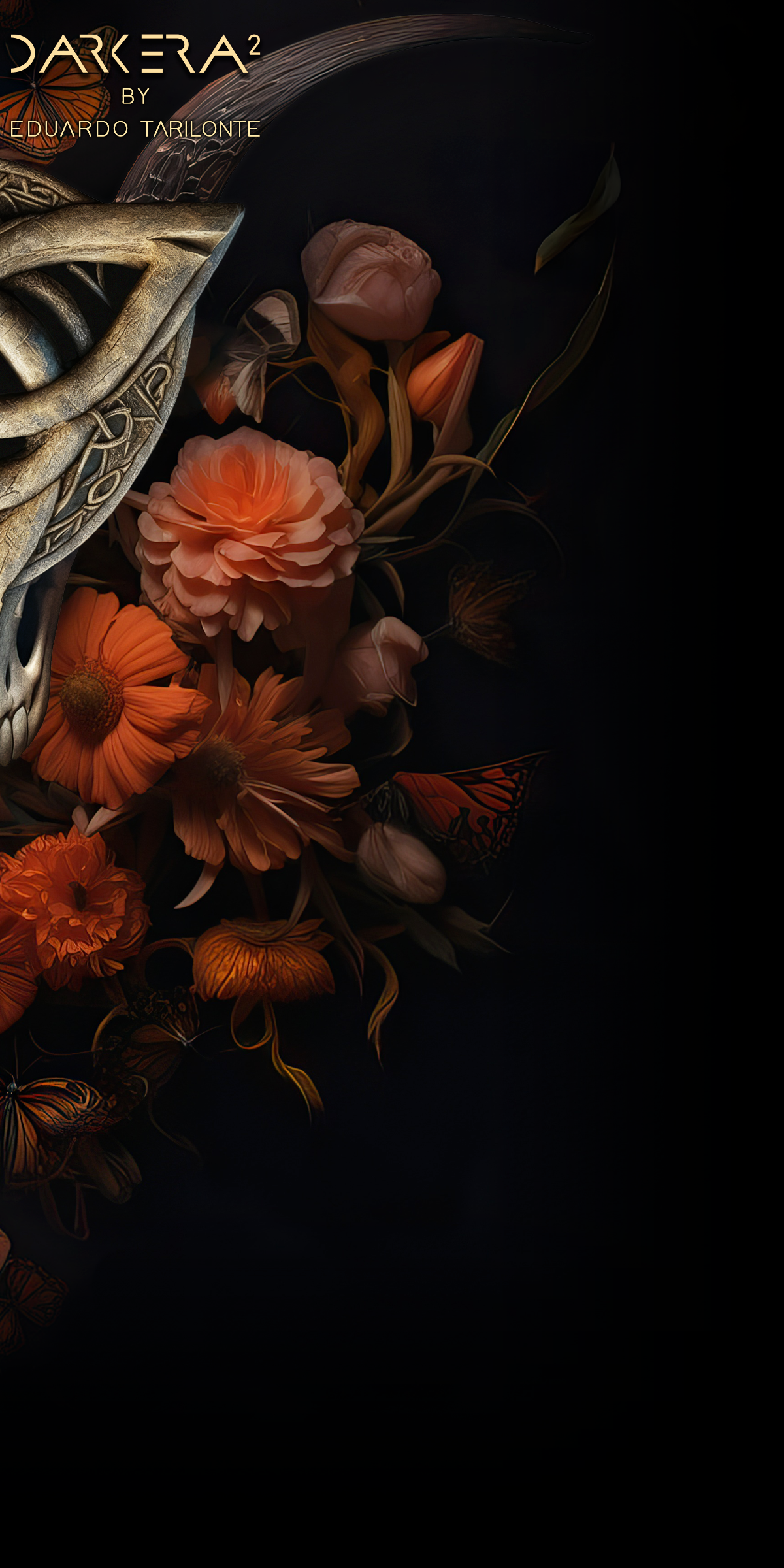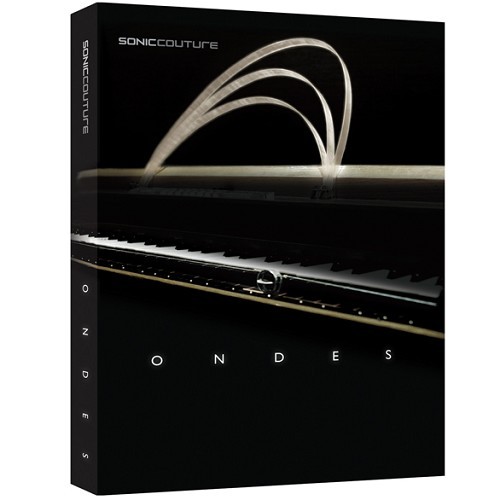
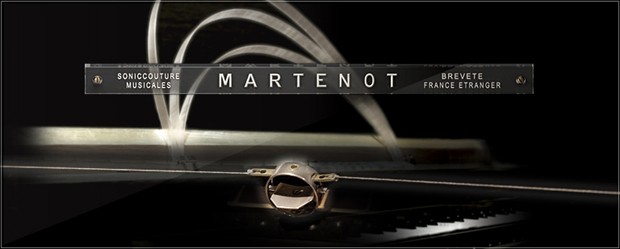
Luthier d'electronique
Perhaps one of the most enigmatic musical instruments of all time, The Ondes Martenot ( literally ‘Martenot Waves’) was invented by Maurice Martenot in 1928. The original unreliable tube-based design was refined and later models remained in production until 1988.
The Ondes Martenot has been used in many film scores first dating from 1931; Odna by Shostakovich, Lawrence of Arabia (1962), Ghostbusters (1984), A Passage to India (1984), and recent films such as Amélie (2001) and recently There Will Be Blood (2007) by Jonny Greenwood of Radiohead.
Ondes v2.0
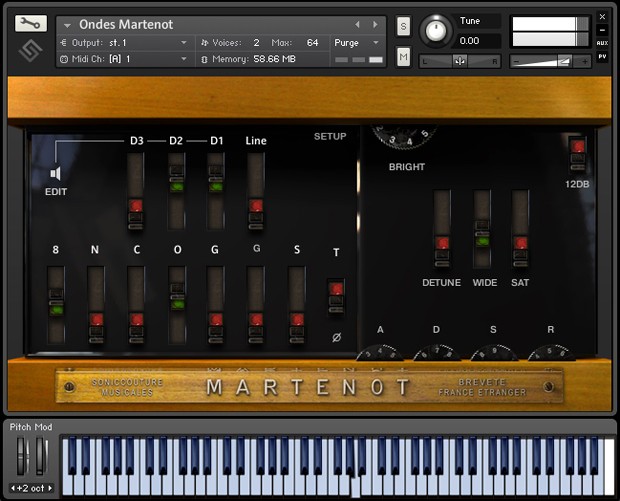 Soniccouture Ondes v2.0 features new interface graphics, but most significantly it now has phase-locked oscillator samples. In the original version of Ondes, blending the different sampled waveforms would result in a slightly phasey sound. Although quite pleasing and fat, this was not strictly realistic. Now it is possible to switch from the original version to a phase-locked sample set, which gives a very authentic single oscillator sound, very like the real Ondes Martenot.
Soniccouture Ondes v2.0 features new interface graphics, but most significantly it now has phase-locked oscillator samples. In the original version of Ondes, blending the different sampled waveforms would result in a slightly phasey sound. Although quite pleasing and fat, this was not strictly realistic. Now it is possible to switch from the original version to a phase-locked sample set, which gives a very authentic single oscillator sound, very like the real Ondes Martenot.
Playing The Ondes Martenot
The instrument produces sound using oscillators, as with a conventional analogue synthesiser, but it is the various unusual methods of control which give the instrument its' unique character.
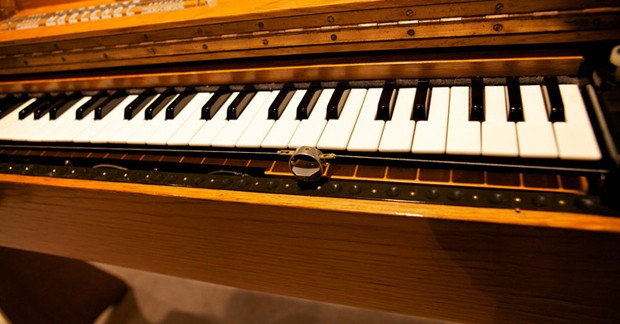
Le Ruban - Ring Controller
The most famous is the metal ring, which is worn on the finger of the right hand. The ring is not used when the keyboard is being played, like the ribbon controllers we are used to.
When the Ondes is switched to ‘ring mode’ (au ruban), the ring becomes the sole method of determining pitch; a very skillful technique, particularly so when you consider that in order to produce any sound at all, you must simultaneously manipulate the clear, lozenge shaped device, known as the touche d’intensité..
Le Tiroir - Control Drawer
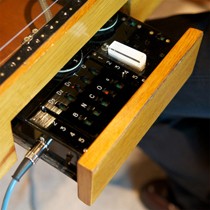 The touche d’intensité is a large button on the control drawer of the Ondes Martenot, and is pushed and tapped to produce the tone of the instrument ; in effect, it controls the volume envelope of the instrument while the player uses either the ring or keyboard to produce the melody.
The touche d’intensité is a large button on the control drawer of the Ondes Martenot, and is pushed and tapped to produce the tone of the instrument ; in effect, it controls the volume envelope of the instrument while the player uses either the ring or keyboard to produce the melody.
Next to the touche d’intensité are a series of switches and dials which control the oscillators and create the timbre of the note - as well as send levels to the three loudspeakers..
Les Diffuseurs
A hugely important aspect of the Ondes Martenot sound are the three loudpeakers (or diffuseurs) which are used to amplify the instrument :
D1 - The main loudspeaker, for straight reproduction of the Ondes sound.
D2 - This speaker has springs stretched across the inside panel, and acts as a reverb unit.
D3 - The strangest speaker of the set, the D3 resembles a cymbal in a wooden cabinet and produces a very metallic ringing sound.
The Soniccouture Ondes uses detailed impulse responses taken from each speaker to faithfully recreate these unique vintage 'processors'. Each speaker can have its own mic position, decay time and send level. There is also a dry 'line out' which bypasses all three.
Thomas Bloch
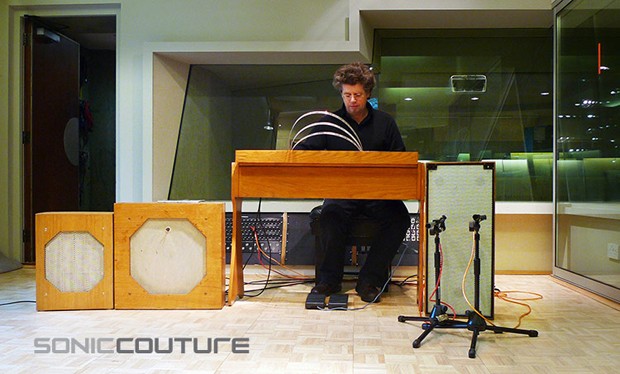 Thomas Bloch is perhaps the most renowned Ondist in the world; when great musicians and producers are inspired by the sound of the Ondes Martenot, it is often him they turn to. Radiohead, Tom Waits and Damon Albarn have all worked with him.
Thomas Bloch is perhaps the most renowned Ondist in the world; when great musicians and producers are inspired by the sound of the Ondes Martenot, it is often him they turn to. Radiohead, Tom Waits and Damon Albarn have all worked with him.
Specifications
- 2.3 GB core sample library - one oscillator sample per note, 505 samples total.
- Phase locked oscillator samples - 24 Bit 48 Khz mono
- 19 Speaker Impulse Responses - 24bit 48 Khz Stereo, 3 mic positions for each speaker
- Ondes Martentot + PolyOndes instrument
- Over 100 presets
- Full custom control interface
- Soniccouture KSP performance setup matrix
- Demo MIDI files included
- Free Kontakt Player Compatible (5.1 required)
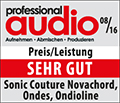

This product works with the free Native Instruments Kontakt Player, the latest version can be downloaded through Native Access, Native Instrument’s download manager!
The minimum required Kontakt version for this product is stated in the product description or can be found on the manufacturers wesite.
System Requirements:
Mac:
- macOS 10.14 or higher
- 64 bit
- Intel Core i5 or Apple M1 (native)
- RAM: 4GB (6GB recommended)
Windows:
- Windows 10 or higher
- 64 bit
- Intel Core i5 or similar CPU
- RAM: 4GB (6GB recommended)
Supported Interfaces:
- Mac (64-bit only): Stand-alone, VST, VST3, AU, AAX
- Windows (64-bit): Stand-alone, VST, VST3, AAX
Legacy Versions:
If you require legacy installers of Kontakt Player please refer to this Knowledge Base Article.
Required Registration:
Soniccouture products require you to register with the manufacturer at www.soniccouture.com to activate your license.
This product requires an activation!
An internet connection is required to authorize / activate the product.
